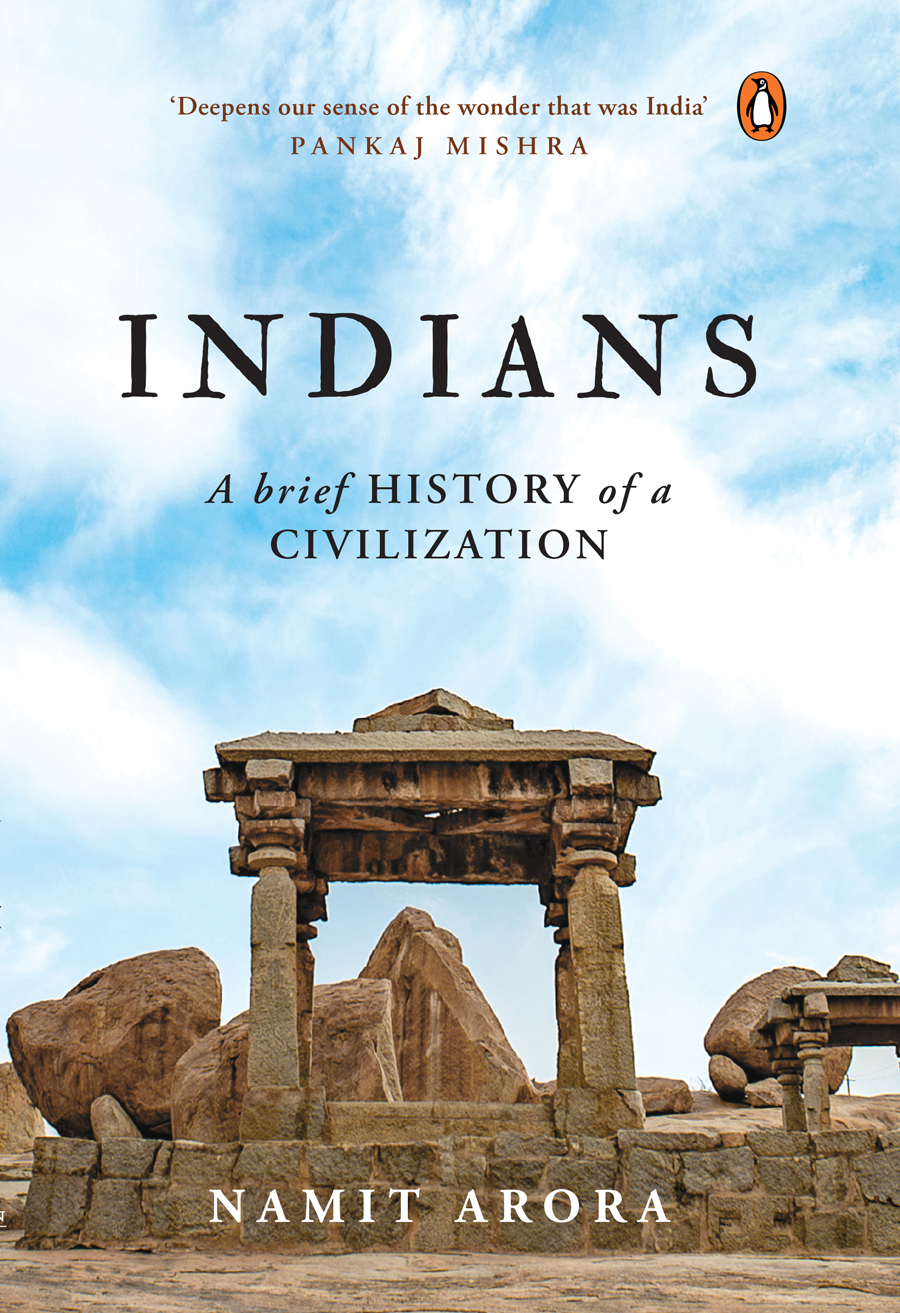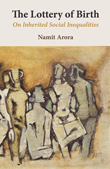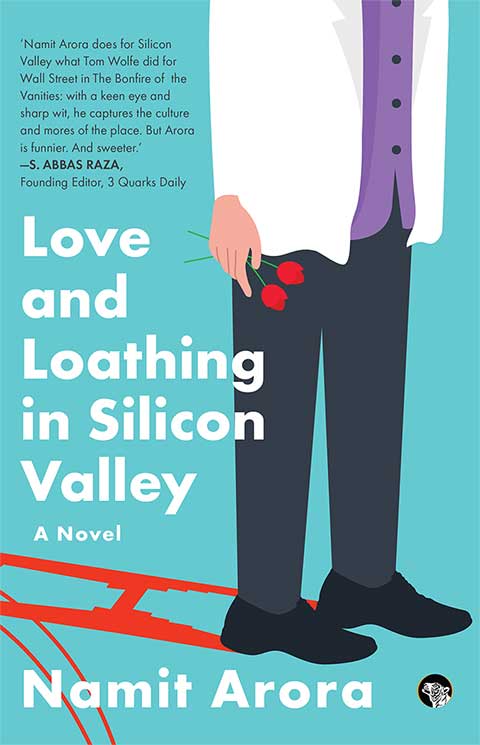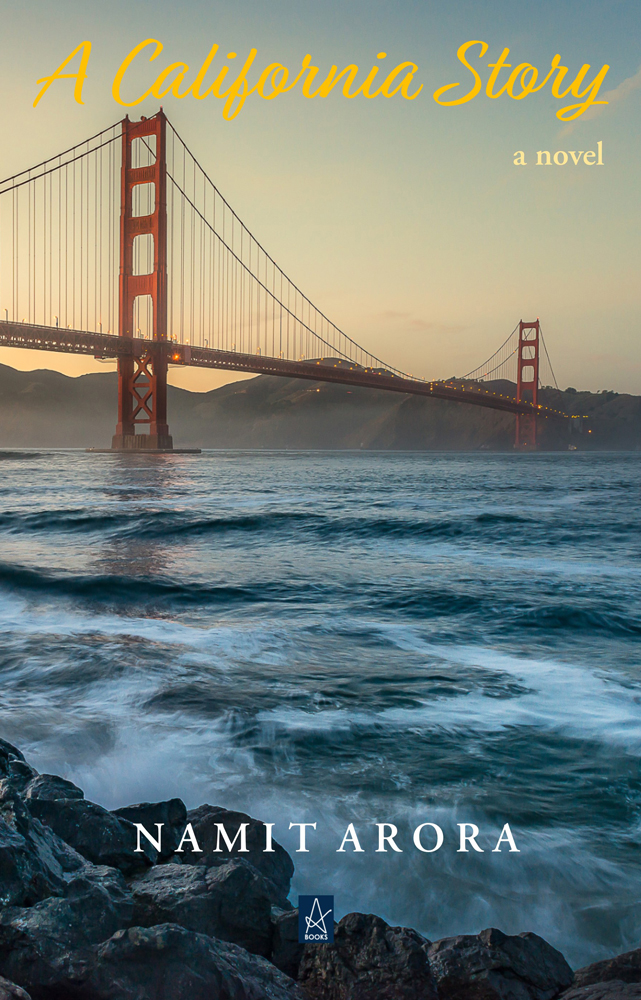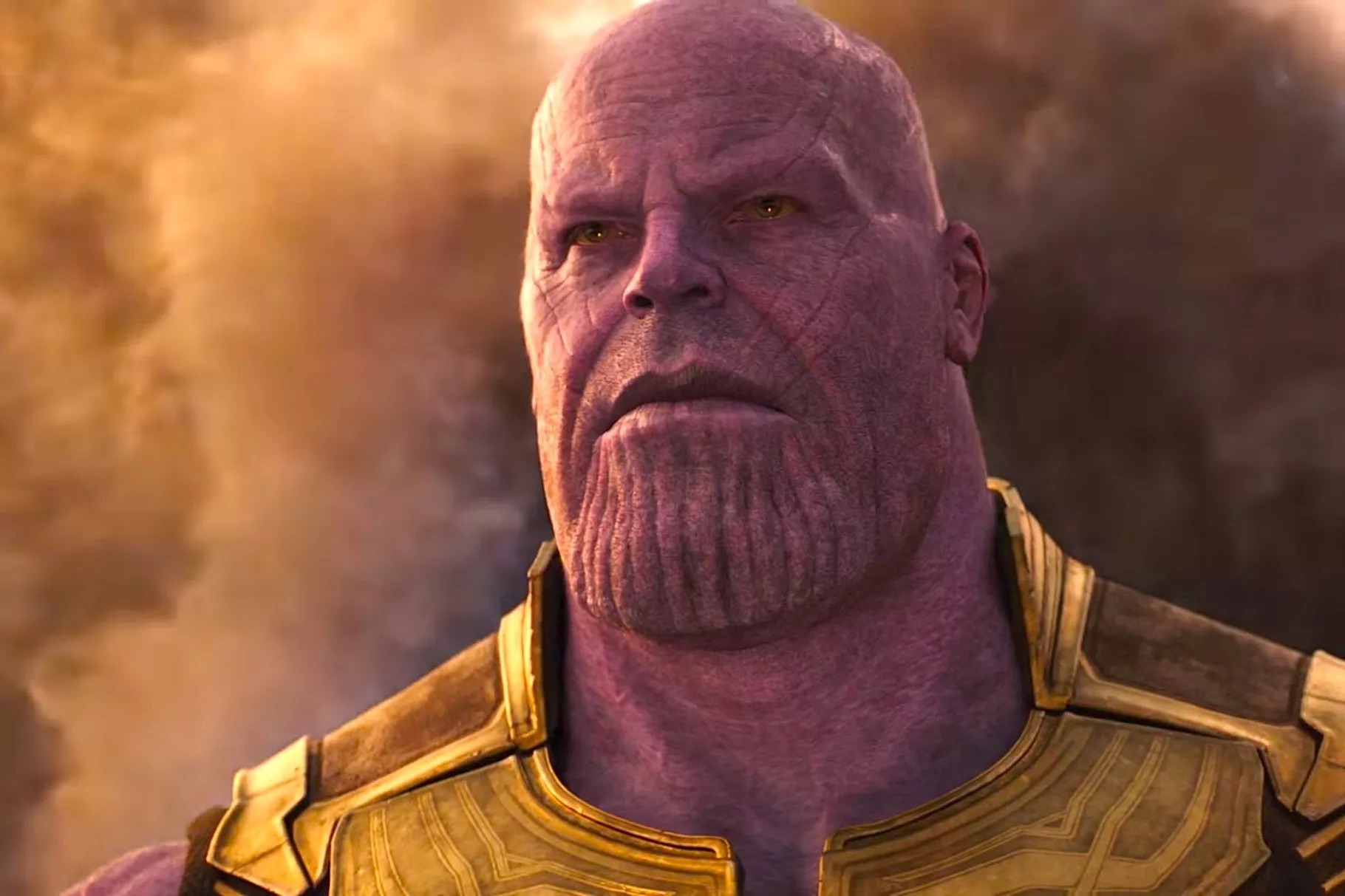| Index of articles from the Blog |
| Animals |
| Anthropology & Archaeology |
| Art & Cinema |
| Biography |
| Books & Authors |
| Culture |
| Economics |
| Environment |
| Fiction & Poetry |
| History |
| Humor |
| Justice |
| Philosophy |
| Photography |
| Politics |
| Religion |
| Science |
| Travel |
Books by
Books by
|
By Usha Alexander | Dec 2020 | Comments
[This is the sixth in a series of essays, On Climate Truth and Fiction, in which I raise questions about environmental distress, the human experience, and storytelling. The previous part is here.] “The American way of life is not up for negotiation.” —George HW Bush to international diplomats at the Earth Summit, Rio de Janeiro, 1992 “Much talk. Talking will win you nothing. All the same, the woman goes with me to the house of Hades.” —Thanatos to Apollo in a scene from Alcestis by Euripides, 5th Century BCE ***
In the 21st Century Marvel film franchise, Thanatos has been reinvented as Thanos. In this reimagining, Thanos still wields death, but he sees his job in larger terms: he wants to bring peace to the universe, which is engulfed in strife. “Too many mouths. Not enough to go around,” he explains, referring to the overpopulation of the Marvel Universe. Thanos’s solution is to reduce the number of living things through a painless existential cleanse that will magically drift across the universe, gently annihilating half of everybody. He understands himself as the only being possessed of both will and power enough to act upon the need of the hour—to turn every other being into dust, thus restoring balance and enabling peace among the untold trillions who will survive. His desire to erase half of all the living isn’t personal, nor is it inspired by cruelty, venality, or a lust for power. Like his Greek inspiration, Thanos is pragmatic, goal-oriented, and transactional. Though he’s depicted with the stature of a supervillain, in command of limitless legions of grotesque warriors, he’s motivated by a sense of duty: the universe is out of balance and must be set right. “I am inevitable,” he quietly declares. But, for his heartlessness, Thanos is set upon by the full pantheon of the Marvel Universe demi-gods, the so-called Avengers—a collective of winsome and righteous superheroes—who do not accept inevitability, limitations, or balance. To defeat this supervillain, the Avengers pound their way through a series of epic battles that rage for some five hours of high-CGI viewing in two back-to-back blockbuster films. I don’t think I’m giving anything away to say here that, in the end, the Marvel superheroes win their war. These two films, Avengers: Infinity Wars (2018) and Avengers: Endgame (2019), became the highest grossing superhero films of all time—and by a good margin—capping off a monumental saga spanning twenty-two films released over the past decade, each of which earned on average nearly a billion dollars at the box office. Presumably, films become such mega-blockbusters, in large part, because they tap effectively into something of the current Zeitgeist, telling a story that audiences want to hear. Many such blockbusters and classic films have become our modern folk stories, providing a vernacular of metaphors, presumptions, and expectations about our world, generating broad conversation, popular analysis, and living threads of storytelling across people of diverse backgrounds and social locations. Stories powerfully tap into our prevalent paradigms, beliefs, and notions, amplify and edify them—or chip away at them. And if, as I’ve suggested in my previous essays in this series, ancient folktales and myths reveal something about our collective understanding of how the world works, or should work, then so do these blockbuster Avenger flicks. In this context, I find the contrasts between our 21st century American superhero tales and those of the ancient past revealing of changes in how we’ve come to see our place in the world. In the earliest stories, reflecting a nomadic-foraging way of life, human characters are cast as creatures who live in negotiation with other animals and are beholden to stronger forces of nature, including the weather, often represented as gods or spirits. Among agriculturalists, humans are decidedly more important than animals, in the eyes of the gods, but gods still hold sway over human fate, still dictate what is and isn’t possible. Heroes can only respond to the decisions or desires and actions of the gods, who themselves are increasingly anthropomorphized. But in our modern American myths, humans are the gods—or at least, godlike. Some of our most popular and widely-disseminated mythic stories describe heroes of super-human power saving the world from dark forces that seek to disrupt our way of life. While this may sound like an obvious formulation to us, it’s quite different from some of the most popular hero tales of the ancient world. But, as with our ancestors, the stories we tell today provide insights into how we arrived at our modern paradigms and how we inhabit our moment on Earth. Crucially, they may also guide or limit our responses to the global predicament we face with climate change and mass extinction. From Heroes to Superheroes The earliest hero whose story survives in writing is Gilgamesh, of Bronze age Mesopotamia. As a king of the Sumerian city-state, Gilgamesh was hailed a hero not because he was just and wise, but because he was king and a favorite of the gods. As the son of a goddess, he possessed wondrous physical beauty and strength, which garnered much awe from his people. But, as a hero, Gilgamesh was mostly after fun and profit. In one adventure, for example, he schemes with his friend to kill the powerful guardian of the hallowed Cedar Forest, a ferocious custodian appointed by the gods to protect the precious trees. Yet, with impunity, Gilgamesh kills the guardian—and his seven sons—wantonly lays waste to the forest, and steals a bunch of trees! His feat of endurance, bravery, cunning, and adventurism is for personal gain and glory. Gilgamesh is not there to save anybody from anything; quite the contrary. Later heroes of the Iron Age, like Odysseus in Greece, or Arjuna in South Asia, were mostly concerned with maintaining their presumed birthright or personal property. These men, too, received special attentions from the gods and were heroes not for any enlightened stewardship of their people, but because they already held an exalted social status: Odysseus, a powerful warlord; Arjuna, the scion of a venerated dynasty and son of Indra, the king of the gods. Both Odysseus and Arjuna possessed superhuman skill in archery and were considered masters of warfare. As with Gilgamesh, their stories were among the blockbuster franchises of their time and place. Such heroes of yore gained their special powers or qualities from the gods. Often they were descended from the gods on one side or the other. Or they received magical gifts from the gods, in the form of amulets, weaponry, protective clothing. It was the possession of these traits and favors that raised their adventures beyond the ordinary, imbuing them with heroic importance, regardless of how self-serving, shallow, or mean they were to lesser mortals around them. But these heroes, in their turn, were ultimately beholden to the gods, who yet stood above them, judged them, or otherwise limited their power and success as much as they granted it. Gilgamesh, for instance, finally learned that in spite of all his entitlements, he could never possess the gift of immortality, which he so coveted. Odysseus suffered miserably in his travels, caught between the scheming whims of Zeus, Athena, and Poseidon. Other ancient Greek heroes actually fell mortally and morally victim to their own tragic flaws, the limits to their triumphs having been pre-ordained by the Fates. As for Arjuna: he and his brothers and their wife became the sole survivors of their Pyrrhic war, losing all their people, the very kingdom they were fighting for, and the way of life they most loved—an utterly tragic end. The deeds and motives of this lot may strike us as less noble than those of modern heroes like the Avengers, but may also represent the heroes’ proper place in their own cosmology, their storytellers’ fair assessment of the human scale of influence, even among heroes. More recently, we’ve ventured beyond the realms of heroes and into that of superheroes. What makes them super, it seems to me, is their moving on from defending their own limited interests to taking up the responsibility of saving the world or even the entire universe from supervillains. Both superheroes and supervillains possess extraordinary abilities, extending their reach across the globe, into outer space, and even across time and alternate dimensions. Imagining our heroes as empowered to save the whole world betrays a certain hubris, to be sure. But it may also reasonably reflect the scale on which our most powerful organizations and technologies today can operate. Militaries, with their nuclear arsenals, and other powerful organizations, including mining and technology corporations, really do make decisions in which nothing less than the future of the world may be at stake. Effects are no longer localized in our crowded, globalized world. A handful of people really can command resources and influence at a scale that alters the state of the planet and the future trajectory of human civilization. Unlike their earlier counterparts, superheroes are not after simple profit, fame, or power; their self-chosen mandate is to protect humankind. But while this might seem more noble than the heroes of old, the form and meaning of this mandate remains at their sole discretion, and, like most of their earlier counterparts, superheroes aren’t much given to depth or wisdom. These quintessentially American heroes never question the status quo—the levers of power, the terms of value, or the justice of the American hegemonic world. And as in olden times, their primary heroic traits always come down to battle prowess. Superheroes, however, are not beholden to gods, who stand above them; they are without limits. And they always win. Rather than receiving favors from the gods, most superheroes get their superpowers from technological interventions: they become superheroes through their command of super-sophisticated weaponry or the effects of chemistry created by mortal scientists or engineers (sometimes themselves). In their stories, technology is regarded as an esoteric body of arcana practiced by those few who have achieved its mastery, not so different from a form of wizardry. All superheroes are primarily in command of weapons technologies, which they wield without any apparent concern for natural or economic limits. In service to the preservation of the American way of life, they are infinitely empowered and entitled. They represent and reflect our modern faith in technology as our human path to divinity. Deposing the Gods In our contemporary superhero realms, the greatest threats against the world are supervillains, often recognizable as a mythic archetype called the Trickster. These kinds of supervillains personify chaos, or—as Americans often like to call it, with their penchant for the binary—evil. Supervillain Tricksters possesses overwhelming power that cannot be harnessed into the service of our military, other technologies, or government. Blockbuster stories give us, for example, The Joker (stunningly rendered as chaos by Heath Ledger in The Dark Knight of the DC Universe (2008)), who hounds our brooding anti-superhero, Batman. The Marvel Universe borrows Loki, the exemplary Trickster, straight from Norse mythology, and introduces Dormammu, Lord of the Dark Dimension, who exists outside of human time, as among the great threats to human-imposed order. In the ancient stories, the gods themselves were often Tricksters. Even those who didn’t specialize as Tricksters—as Loki did—behaved according to their own whims, unbound by human moral codes or social responsibilities. Like modern Trickster supervillains, we often see the gods working against the hero or the greater human good, depending upon their Mercurial moods and inscrutable intentions. In Greece, for example, however much Athena adored Odysseus, she just couldn’t be bothered to help him overcome the vicious obstacles that Zeus and Poseidon placed against his homeward journey. In South Asia, Krishna incited a great war between the Pandava brothers and their cousins, the Kauravas, deftly playing one side against the other and then goading Arjuna to undertake a battle that will annihilate the world. In Mesopotamia, the gods went so far as to destroy civilization with a flood that scoured all life from the planet, sparing only a handful of individuals upon a boat, which a rogue god had instructed them to build. Mayan and Polynesian gods destroyed civilization multiple times in equally colorful ways. But in Bronze and Iron Age tales, the heroes were still dependent upon these capricious gods. Heroes had to learn how to properly worship them in order to curry their favor or convince them not to destroy civilization again. The ancient hero’s goal was never to defeat the tricky gods, but to beg their mercy or request their help and advice in the attainment of very worldly and often ignoble aims. Ancient heroes asked favors from the gods to win battles, trick their rivals, and cheat death. Sometimes the gods refused these requests or even answered them with trials and travails. But that was the prerogative of gods; it didn’t make them the enemy, and even the heroes knew their place in the order of things. Though the stories of Bronze and Iron Age agriculturalists demonstrate that their folk surely were enamored of the macho worlds they had already built, still their stories retain some sense of limit or proportion, in which human deeds and desires belong to a larger sum of things, rather than being the measure of all things. For them, the gods still set the conditions to which humans were subject. Their gods—as representatives of powerful nature, an amoral universe, the cosmic chaos with which humankind was challenged to find a workable amity—were always greater than us, more powerful and wiser, even in their inconstancy. Ours was not to question why. In our 21st century superhero stories, by contrast, the power dynamic between humankind and Trickster-kind has decidedly shifted: Tricksters have become the enemy. We no longer see any need to placate them; rather, in service to humanity, we must remove them, annihilate that which we cannot command, and accept no limits upon our powers or our sense of human destiny. Humans are the godlike beings in this formulation, while the formerly godlike Tricksters have been cast out as villains. Thus Spake the Avengers Our contemporary stories celebrate human power that is unbounded by nature. We expect science and technology to solve every problem we might face, without limit (even those who openly dismiss science in favor of religion or politics operate with this expectation, apparently without even being aware of it). These are foundational presumptions of our modern cosmology, reflected as much in our popular myths as on the ground. As we destroy unruly nature, forcing it to conform to modern human notions of order and predictability in agribusiness, in nature tourism, in urbanization. As we torture sentient beings in factory farms or “efficiently” trawl the oceans to blithely slaughter vast billions of creatures every year. As we casually raze wilderness and forests to install monocultures or to build concrete cities containing neatly delineated spaces for grass and flower beds. It’s in our adamant denial of natural limits to sustainable human endeavors—of commerce, industry, consumption, growth—a willful illusion that propels our pillaging of this planet and obscures the need to change course. In the Avengers storyline, Thanos warns humanity about the suffering that results from overpopulation. But in the films, no character is touched by want or deprivation in any way. And the only threats we see to universal peace are from Thanos himself and his minions. By never allowing the possibility of suffering to be seen as real, the storytellers cast Thanos as a false prophet and a genocidal monster. And after he is deposed, the previous status quo is triumphantly restored. Thanos, the god of death, of existential finitude, is the enemy of the people of the modern world, who have been weaned on paradigms of endless growth, myths of unbounded human power, and ideological optimism in the face of all obstacles and limits. It takes little to see how such popularly resonant stories of ourselves blind us to the true precariousness of our present human predicament. Such stories of unlimited human power have not only played their part in chaperoning us to this moment, but may yet inhibit our ability to imagine how best to respond to our present global crises. Rather than showing us the way forward, they will likely deepen our plight. [Part 7: Our Moment on Earth] Earlier Essays in this Series 11 What We Talk About When We Talk About The Weather Image: Josh Brolin playing Thanos in the film, Avengers: Infinity War. Screenshot; fair use. |
Designed in collaboration with Vitalect, Inc. All rights reserved. |
|





